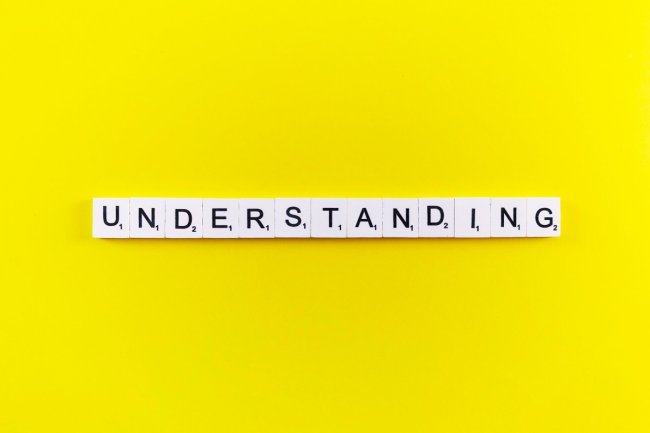Hacking in Popular Culture: Navigating Fiction and Reality
Explore how hacking is portrayed in media and its accuracy compared to real-world scenarios. An in-depth analysis of hacking in movies, TV shows, and books.

Hacking, the art of breaching digital security to access information or systems, has become a fascination for both tech enthusiasts and the general public. This intrigue is heavily reflected in popular culture, from movies and TV shows to books. However, how accurately is hacking portrayed in these media, and how does it align with the real-world scenarios? In this article, we delve into the intriguing world of hacking as depicted in popular culture and compare it with the actual practices in the cyber realm.
Hacking in Movies: Fictional Glamour
Movies like "Hackers" and "Swordfish" have brought hacking into the limelight, portraying hackers as rebellious geniuses, often typing furiously in dimly lit rooms to orchestrate elaborate digital heists. These portrayals, while thrilling, often exaggerate the speed and ease of hacking. In reality, hacking is a meticulous process that requires time, expertise, and extensive knowledge of coding, networks, and vulnerabilities.
Hacking in TV Shows: Amplified Realism
TV shows like "Mr. Robot" have gained acclaim for their more realistic approach to hacking. They showcase the vulnerabilities in our increasingly digital world, often depicting hackers using tools that closely resemble real-life software. While these shows make an effort to stay true to hacking techniques, they still tend to accelerate the process for dramatic effect.
Hacking in Books: Beyond the Screen
Books, unlike visual media, can explore hacking on a deeper level, delving into technical details and motivations. Authors such as William Gibson have contributed to the cyberpunk genre, painting intricate pictures of hacking as a countercultural movement intertwined with futuristic technology. While these narratives offer more in-depth insights, they can still be influenced by creative liberties.
Accuracy vs. Creative License
Accuracy often takes a backseat in popular culture to make narratives more engaging. Rapid typing and flashy visuals might be entertaining, but real hacking involves meticulous planning and expertise. Technical details are often simplified or embellished for dramatic effect, leading to a certain level of inaccuracy. It's important for viewers and readers to recognize this and not take media portrayals as accurate representations of the hacking world.
Case Study: "Blackhat"
In the movie "Blackhat," a hacker is depicted as a skilled individual capable of disrupting critical infrastructure. While the film captures some aspects of hacking accurately, such as code analysis, it sensationalizes the capabilities of a lone hacker. In reality, cyber attacks of that magnitude often involve sophisticated networks of attackers and resources.
Conclusion
The portrayal of hacking in popular culture is a mix of reality and fantasy. While movies, TV shows, and books capture the essence of hacking and cyber security, they often amplify certain aspects for dramatic effect. To truly understand the world of hacking, it's essential to explore real-world practices and the technical complexities that come with them.
About Myself
I am Raghav Chugh, an author passionate about technology and cyber security. With a keen interest in dissecting the intersection of fiction and reality, I have explored various aspects of hacking as portrayed in media. My insights stem from a background rich in technical expertise and a curiosity to bridge the gap between the virtual world and our perception of it. You can connect with me on LinkedIn for more discussions on this topic.
Empowering Through Knowledge: SecurEduNet
At SecurEduNet, our website aims to provide valuable insights into cyber security, technology, and more. We believe that by analyzing media portrayals like those of hacking, we can educate and empower individuals to better understand the digital landscape. Our articles shed light on the intricacies of the cyber world, helping people worldwide stay informed and protected. To learn more, visit SecurEduNet.
What's Your Reaction?















